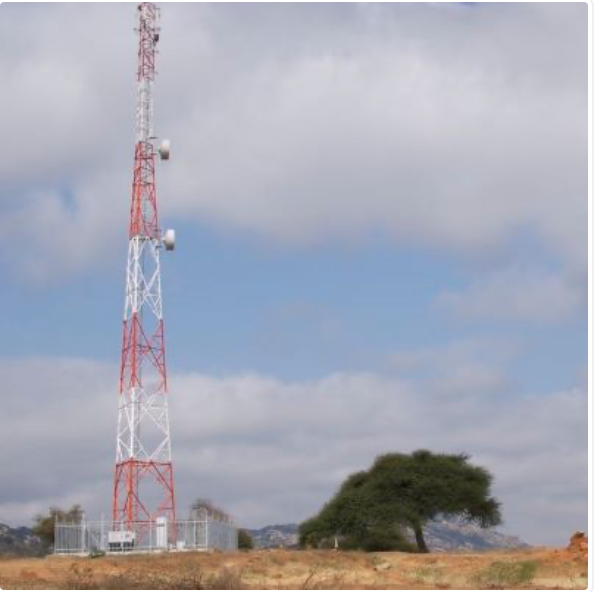Nigeria’s Federal Capital Territory Department of Outdoor Advertisement and Signage said it had discovered over a thousand towers that had been erected in Abuja without permission from local authorities
Authorities in Nigeria’s capital city, Abuja, have announced that they have discovered around 1,300 mobile masts and towers operating illegally within the Federal Capital Territory.
All of these towers have been erected without first obtaining permission from the relevant local authorities and will subsequently face appraisal and potentially decommissioning.
“In fact, recently, without mentioning the company, we have to bring down 126 illegal towers without documentation for them,” explained Dr Babagana Adam, Director of DOAS. “So, we have to regularise them and where they don’t meet with the regulations, we have to decommission to the Nigerian Communication Commission (NCC).”
This find is not of insignificant magnitude, given that, at the start of the year, Nigeria as a whole had just 53,460 mobile towers deployed nationwide. Regadless of the total number of illegal towers throughout Nigeria, this finding alone would suggest that a significant number of Nigerian’s currently receive mobile connectivity via illegal infrastructure.
Of course, installing telecoms towers illegally, without acquiring the prerequisite permissions, is nothing new for the telecoms industry. Indeed, telecoms operators often complain about the difficulties associated with gaining permission to deploy infrastructure, whether that is gaining access to multi-dwelling units for the deployment of fibre or rooftops for 5G small cells, so it should come as little surprise that in less well regulated, developing markets, infrastructure is deployed illegally.
In fact, many of these installations go entirely unremarked upon for numerous years, often only being discovered when routine surveys are being carried out. This was the case in New Dehli, India, back in September, when 1,200 illegal towers were identified by a routine survey, leading to major fines being applied not only to the telecoms company or the contractor, but also the owner of the property.







